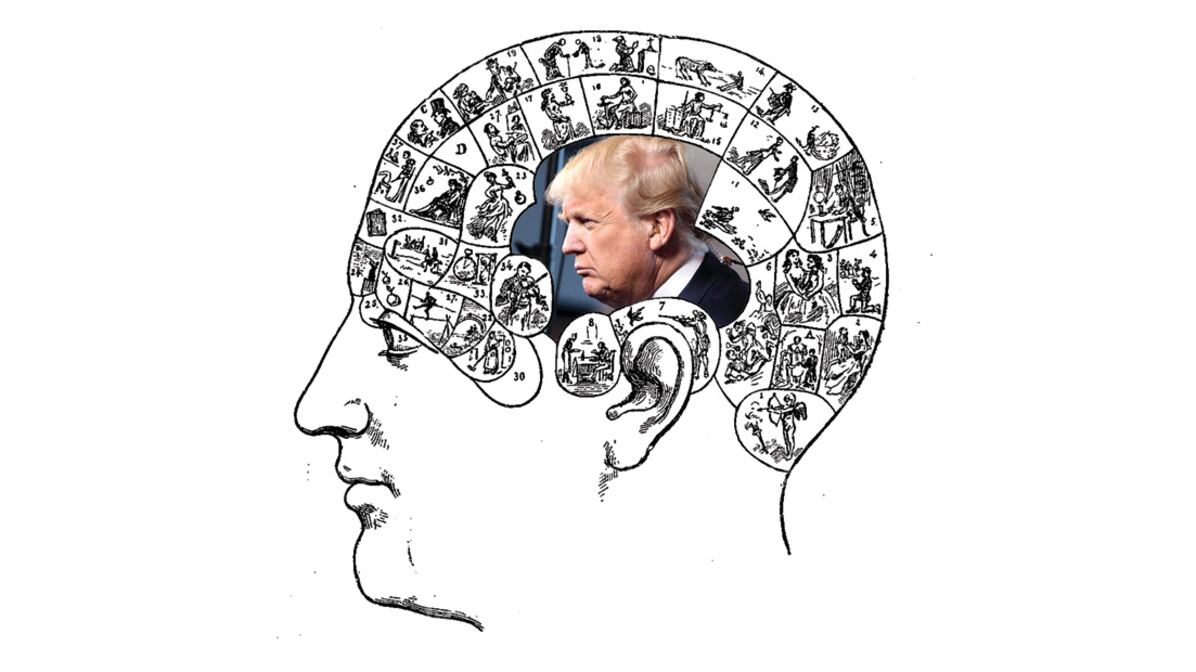In revised testimony to the joint House panel conducting the impeachment inquiry into President Donald Trump, Portland hotelier and U.S. Ambassador to the European Union Gordon Sondland has remembered delivering a quid pro quo to Ukrainian officials: announce an investigation of one of the president's opponents and his son in exchange for military aid.
What he said: In a four-page, supplemental statement Sondland filed with the committee on Nov. 4, he said reading the written testimony of two former colleagues, William Taylor and Tim Morrison, had "refreshed my recollection."
That recollection needed help: The transcript of his initial, Oct. 17 testimony shows Sondland used the phrase "I don't remember" 36 times and "I don't recall" another nine times.
On Nov. 4, he wrote that he now recalled conditioning the release of U.S. military aid on a public commitment from Ukrainian officials to announce an investigation into former Vice President Joe Biden and the business dealings of his son, Hunter.
Why it matters: That marks substantial movement from his earlier position, when he claimed he was unaware of any linkage between the aid and Ukrainians' willingness to pursue a Biden investigation.
The upshot of the released testimony is that Sondland, founder and former CEO of Portland-based Provenance Hotels, now acknowledges there was a quid pro quo linking U.S. military aid to damaging the reputation of Biden, then Trump's top rival in the 2020 presidential race.
Congress earlier released a text message from Sondland to Taylor in which Sondland relayed a message from Trump on Ukraine, saying the president "didn't want a quid pro quo." His new testimony undermines those words.
"I always believed that suspending aid to Ukraine was ill-advised, although I did not know (and still do not know) when, why or by whom the aid was suspended," Sondland wrote in his Nov. 4 supplemental testimony. "However by the beginning of September 2019, and in the absence of any credible explanation for the suspension of aid, I presumed that the aid suspension had become linked to the proposed anti-corruption statement."
How he recalled: Part of the issue for Sondland is that the career diplomats who testified before and after him provided the House panel with detailed chronologies and specific references to conversations based on notes and documents that were far more specific than Sondland's live testimony.
"Ambassador Taylor recalls that I told Mr. Morrison in early September 2019 that the resumption of U.S. aid to Ukraine had become tied to a public statement to be issued by Ukraine agreeing to investigate Burisma," Sondland wrote in his Nov. 4 testimony. "I do now recall a conversation on Sept. 1, 2019, in Warsaw with Mr. Yermak…where I said that resumption of U.S. aid would likely not occur until Ukraine provided the anti-corruption statement that we had been discussing for many weeks."
"Ambassador Sondland's goal has consistently been to assist Congress by providing truthful testimony to the best of his recollection," says his attorney, Jim McDermott.

